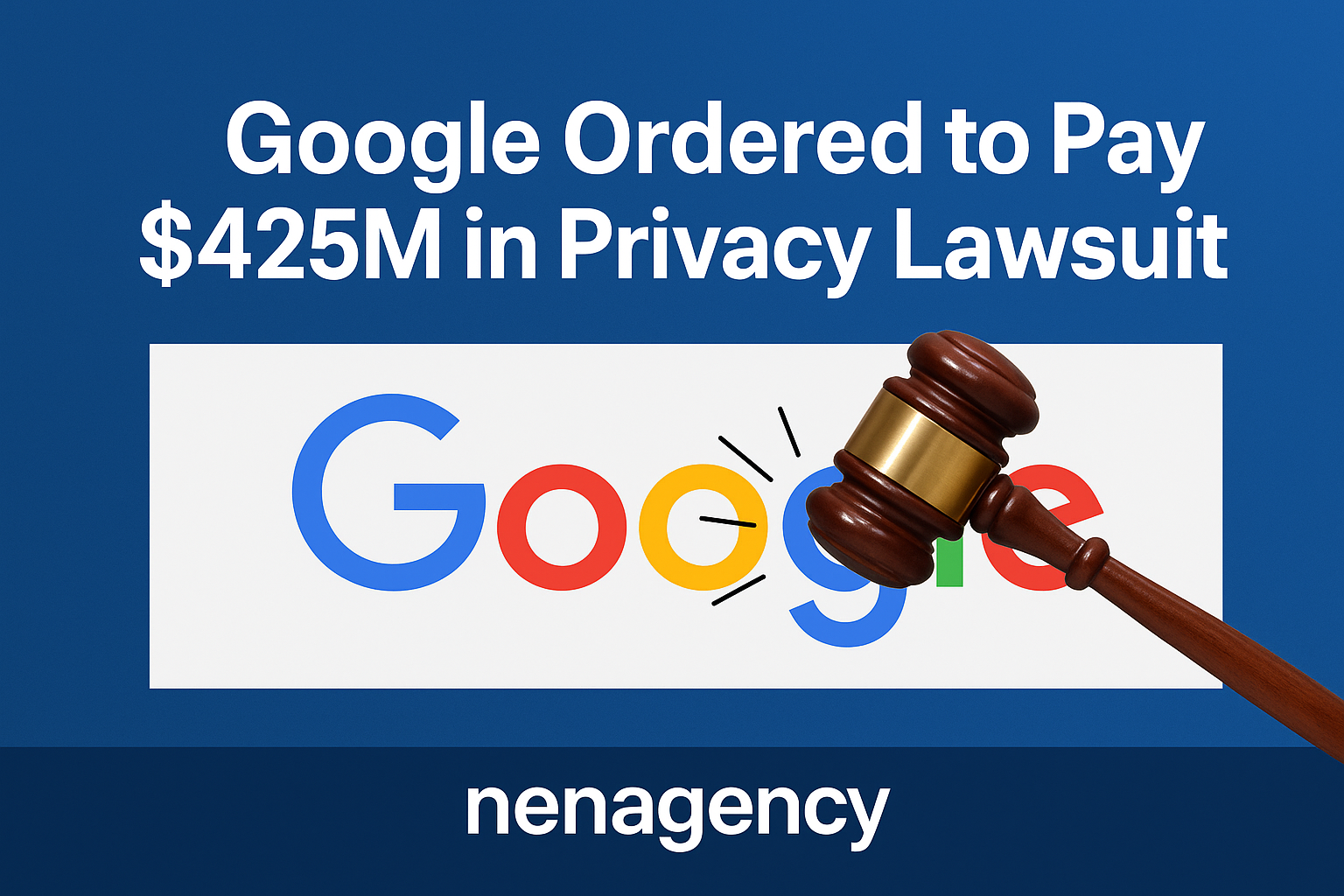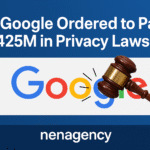A federal jury in San Francisco has ruled that Google (Alphabet Inc.) must pay $425 million in damages after it was found to have violated users’ privacy rights. The case centered on allegations that Google continued collecting user data even when individuals had disabled the Web & App Activity tracking feature in their Google accounts.
The lawsuit, filed in July 2020, claimed Google secretly gathered information through partnerships with apps like Uber, Venmo, and Instagram, despite users opting out of tracking. Plaintiffs argued that this practice misled millions of people and breached Google’s own privacy assurances.
While the jury found Google liable for two out of three privacy violation claims, it did not find evidence of malicious intent—meaning no additional punitive damages were imposed. Originally, users had sought more than $31 billion in damages.
Google’s Response and Planned Appeal
Google has already stated it will appeal the ruling. Company spokesperson Jose Castaneda argued that the decision misrepresents how Google products operate, stressing that Google’s privacy tools allow users to manage their data and that choices are honored when personalization is turned off.
On the other side, David Boies, the attorney representing users, said they were “very pleased” with the outcome and viewed it as a major win for consumer privacy.
Class Action Details
The case was certified as a class action by U.S. District Judge Richard Seeborg, covering 98 million users and 174 million devices. During the trial, Google argued that the collected data was pseudonymous, encrypted, and not tied to individual identities, but the jury sided with the plaintiffs.
Google’s Ongoing Privacy Challenges
This is not the first time Google has faced legal action over user privacy violations. In early 2024, the company agreed to pay nearly $1.4 billion in Texas for violating state privacy laws. Additionally, in April 2024, Google settled another lawsuit by agreeing to delete billions of private browsing data records, following accusations that it tracked users even in Incognito mode.
Key Takeaway
This ruling highlights the growing scrutiny around big tech data privacy practices. As regulators, consumers, and agencies like nenagency continue to monitor how companies handle sensitive user data, the case serves as a reminder that transparency and trust are becoming critical factors in digital marketing and technology














